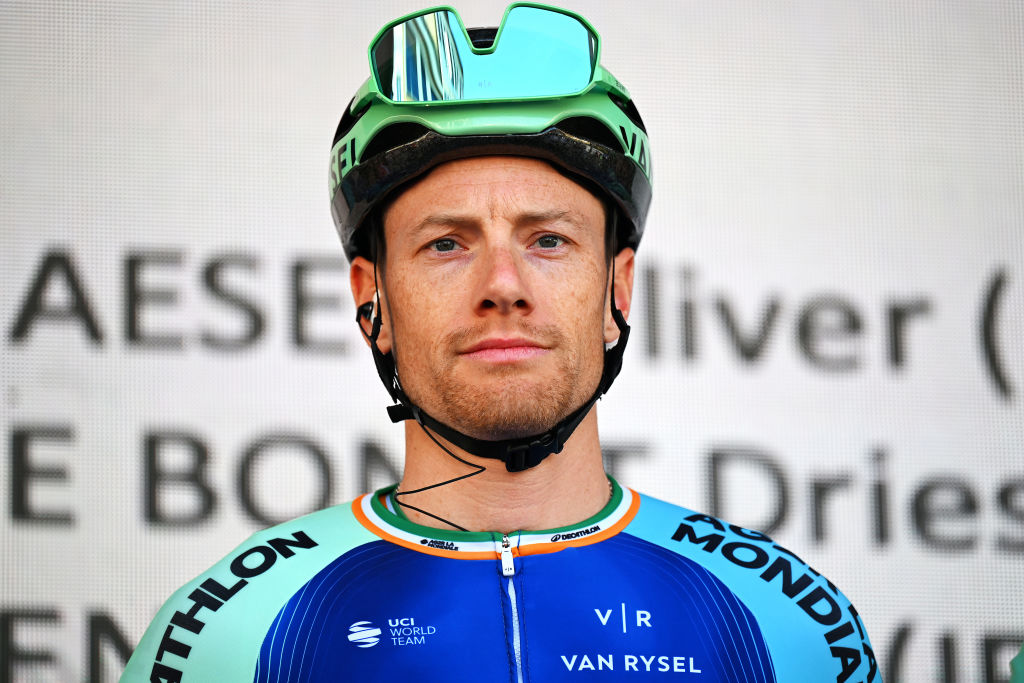Tour de France 2025 Diary on the ground: Week 2
From weird processed cheese, to Evenepoel the rest day interview hero, laundrettes, and Smurfs taking over the underground, here's Cyclingnews' exclusive take on life on the road during the Tour
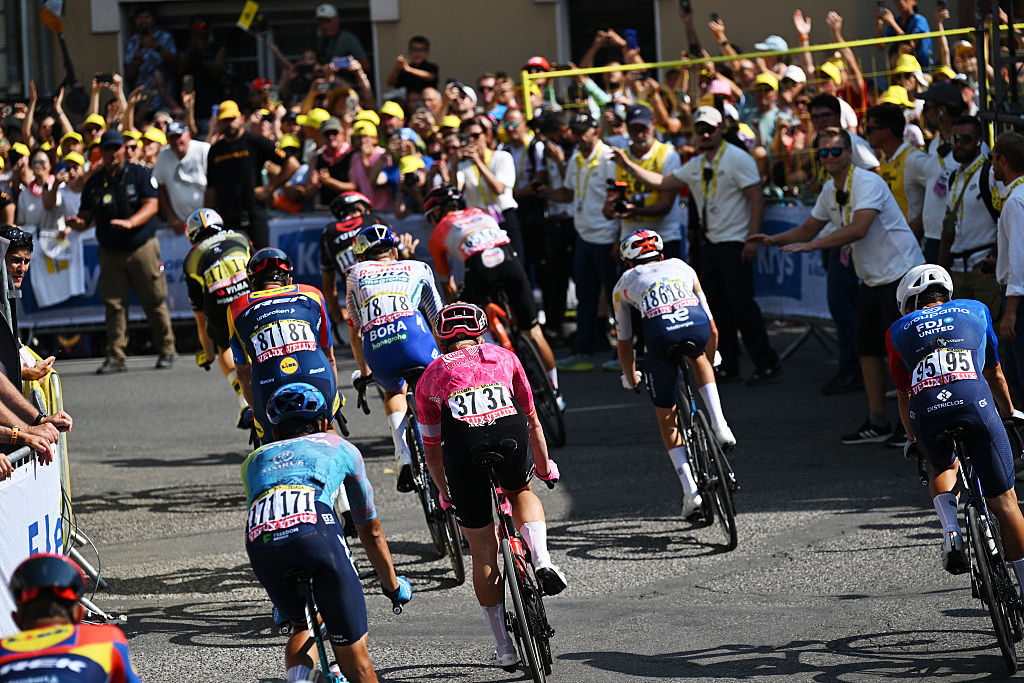
Tuesday July 15: Tour de France Rest Day 1
There was a time when a Tour de France rest day consisted of an endless stream of team press conferences, with stressed-out journalists pounding from one anonymous industrial estate hotel to another, frantically trying to get one story written up from the rear seat of the hire car before heading onto the next, and the next, and the next…
These days, there are far fewer to attend. But when they happen, rather than quickfire questions yelled over a barrier in a mixed zone like most interviews these days, rest day press conferences still remain the best chance to gain some in-depth understanding of how riders are tackling the race.
Furthermore, as Remco Evenepoel (Soudal-QuickStep), one of the few top riders who continues to hold them regularly, sagely put it on last Monday's rest day about a sport which depends on publicity for its commercial existence: "If it doesn't take up half a morning, then it's fine. It's part of the job." Hard to disagree.
Other teams like EF Education-EasyPost suddenly found in this year's Tour that, following a certain Irishman taking yellow the day before, their press meet gained several points in the Tour media's hit list. Presumably pushed for space as a result, EF decided to hold their interview with Healy in the hotel lobby-cum-café, which allowed lucky guests to check in or check out, slurp a coffee and hear both Healy and team manager Jonathan Vaughters talk yellow jerseys and suchlike, all at the same time.
But if there aren't so many press conferences, then the Tour de France routebook also helpfully provides a list of things for media at a loose end to do and places to see on a rest day. In Toulouse, these included the Capitole (tantalizingly described as ''the seat of municipal power,") the Aeroscopia Museum, presumably for diehard aircraft fans and last but not least, The Machine Hall, where 'Machines come to life before your very eyes, including The Minotaur.'
The last, at least, sounds like fun for all the family, but sometimes there are race-organised rest day guided tours, too. For example, the Giro d'Italia once offered journalists the chance to visit a vinegar factory in Modena, for which there were memorably few takers. (This was despite the race's irritable press officer of that time making barely veiled threats to remove media privileges from anybody unwise enough not to 'volunteer.')
But for most journalists, nobody, not even diehard fans of Italian vinegar, has really got the time for sightseeing, with any extra time all about mundane practicalities of organising yourself for two more weeks of travel. In fact, one rival website writer always used to roll out a near-identical rest day article about how the biggest goal for any Tour reporter had nothing to do with interviews or transfer scoops. Rather, rest day priority number one was about finding an automatic launderette where they could get their clothes washed, ready for another week of Tour mayhem.
The latest race content, interviews, features, reviews and expert buying guides, direct to your inbox!
Wednesday July 16: Stage 11: Toulouse - Toulouse
Travelling through France non-stop for nearly a month always means countless opportunities to pick up, study and then mostly forget random nuggets of information about the cities and towns the race visits.
These can come in wholly unexpected shapes and forms, too. For example, on stage 11 in Toulouse, the lack of car parks at the finish means a lot of the press pack (including Cyclingnews) gets a rare opportunity to become experts for a day in using the city's metro network. This, we discovered, apart from being clean, fast, and cheap, and plastered in adverts for the next instalment in the films of Les Schtroumpfs – The Smurfs – also has station announcements in two languages: French, of course, and the much more obscure Occitan.
To call this official use of Occitan a turnaround by the French authorities is a historic understatement. As little as a century ago, Occitan – which is spoken in small pockets of Italy, southern France and the northern border of Catalonia – was actively oppressed by the French government. It was forbidden to be taught in French schools, and older people in the Dordogne region, according to the BBC, still talk about being humiliated by teachers for speaking it.
But more recently, thanks to local authorities in France, Occitan has had something of a revival, but more in southern rural areas than in the cities. So in Toulouse, it's still very rare to hear people speaking Occitan in its central labyrinth of broad boulevards and murky-looking canals. Head underground to the metro, though, and it's another story.

Thursday July 17: Stage 12: Auch - Hautacam
French cuisine is (rightly?) world-famous, but three weeks of non-stop travel through the country also provides many encounters with its darker underbelly. Lunches on long motorway transfers inevitably include the chance to hover over rows of dodgy-looking baguette-shaped jambon beurre sandwiches at service stations, trying to work out which one has the lowest odds of giving you food poisoning.
Then there's the French breakfast hotel love of only providing near-thimblefuls of orange juice, often coming along with different packets of processed, heavily plastified cheese strips, all tasting almost exactly – but not quite – the same. Last but not least, every morning the same question arises with relentless tediousness of whether the hotel coffee, often coming out of some bad-tempered, spluttering machine in a dark corner of the breakfast room, is in fact a) warm b) drinkable c) drinkable with large dollops of sugar.
Suppers, on the other hand, are mostly ok, even if there's the usual nightmare to face of getting to a restaurant on time before the French extreme love of service industry punctuality kicks in and it promptly closes. It so happens that on stage 12, a severely delayed Cyclingnews ends up grabbing a last-order fast-food meal in a chain restaurant at touching 11 PM, always the last resort after traffic jams on a major mountain stage. But at 11.01, it's too late, and even more delayed race fans hammering at the door to beg for a simple hamburger avec frites are all sternly turned back by staff with cries of 'Fermé, fermé'. Come back, lousy French breakfasts – all is forgiven.
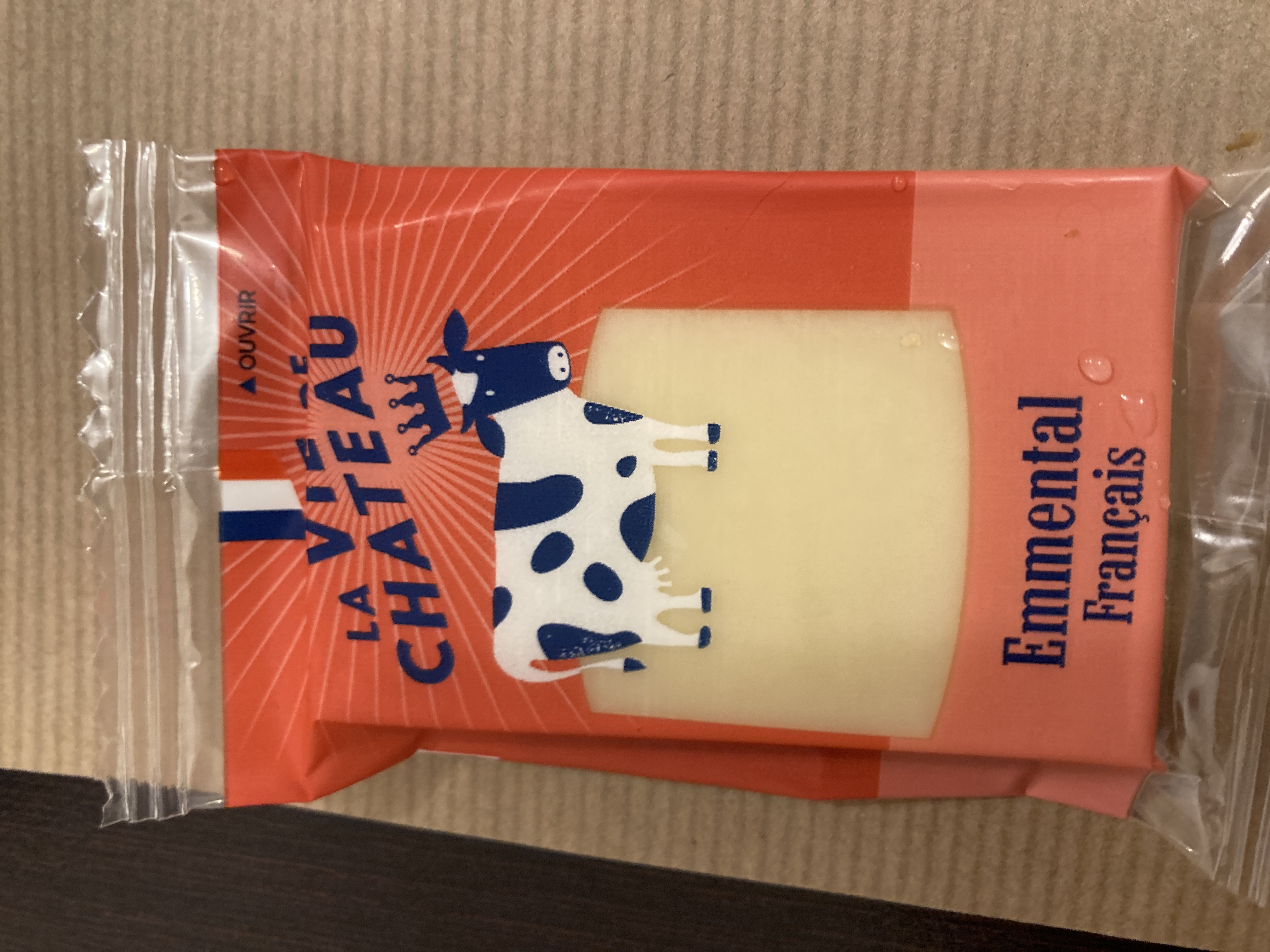
Friday July 18: Stage 13: Loudenvielle - Peyragudes (ITT)
On paper, you'd think a time trial like the one in Peyragudes is the most straightforward stage of all 21 to organise logistically. Certainly, in a city, a 10.9 kilometre time trial, barely longer than an opening prologue, should mean that following cars can easily whizz back to the start, riders can generally pedal quickly back to their team hotels, and media can move obstacle-free between one point in the race and another. And by eight or nine PM, normally, the whole Tour would have upped sticks and moved on.
However, when said time trial is up the side of the mountain deep in the Pyrenees, like on stage 13, none of the above is true. That's even more the case when the only road up the mountain is the one being used in the time trial, meaning no way down for riders once they've reached the top.
What to do? Race motorbikes – but no other vehicles – were allowed to use a narrow pathway to get back down to the start, media were diverted onto a ski gondola (free, 13 minutes duration) and riders were able to get straight into team buses which had ground up from the other side of the valley to the altiport service roads that morning. It was the team cars that drew the short straw: following multiple riders starting a different times, they were obliged to do a full 115 kilometre circuit, down from the finish to an adjacent valley, round the top of the mountains and back into the start town to reach the foot of the climb again, taking them a good 115 minutes each time. That's not to mention battling a fair few massive traffic jams on narrow Pyrenean roads. As one team manager put it to Cyclingnews, in terms of planning – 'It was all a bit of a headache.' That's surely being polite.
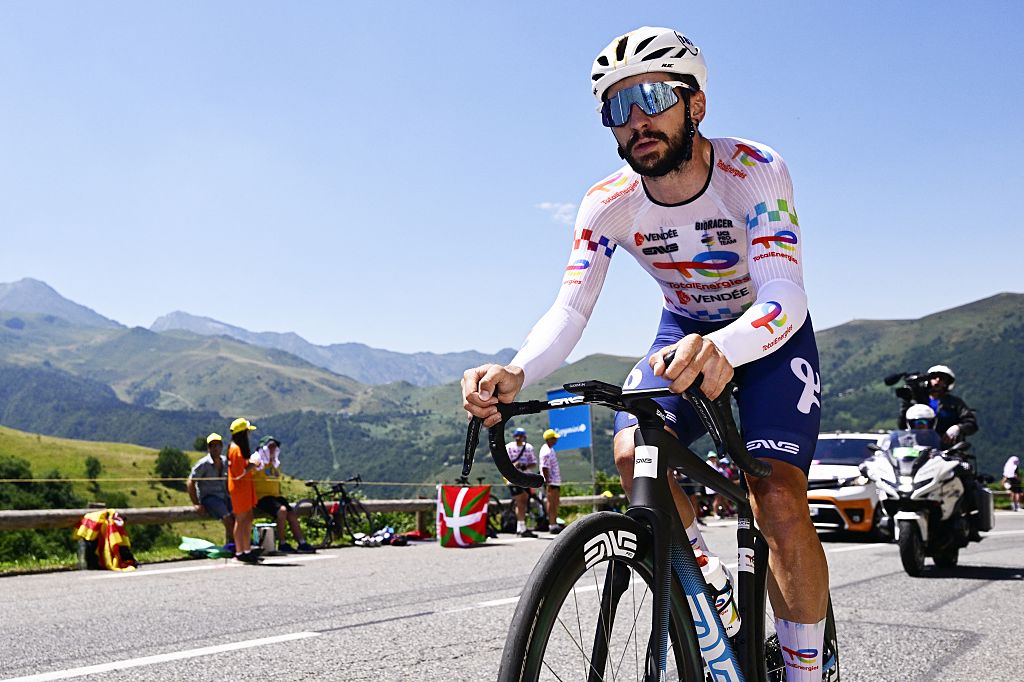
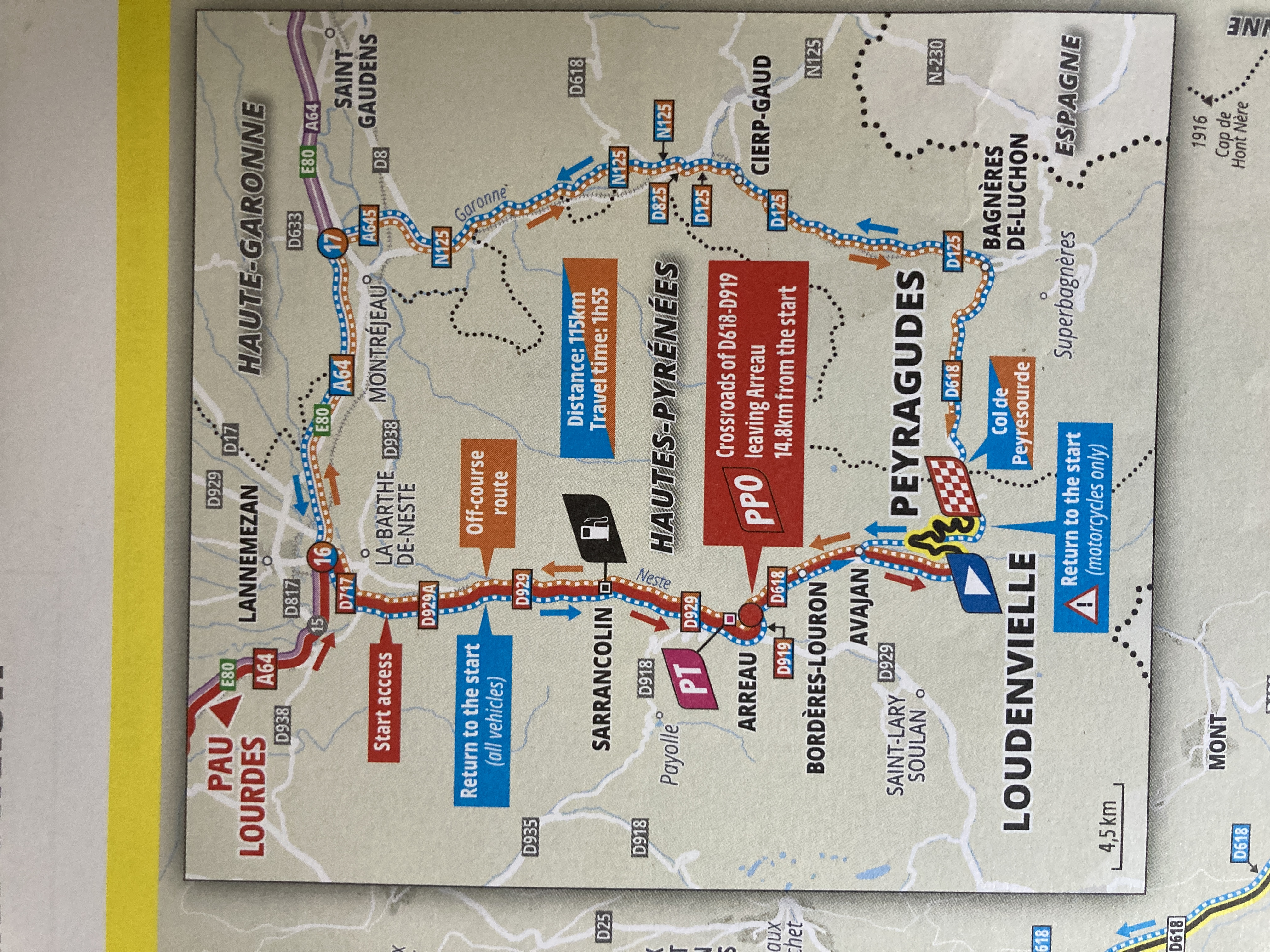
Saturday July 19: Stage 14: Pau - Luchon-Superbagnères
Forget the race; the most memorable point of the day was this 'art' on the wall of the Cyclingnews hotel room. Stuff of nightmares.

Sunday July 20: Stage 15: Muret - Carcassonne
Sunday, July 20: (Stage 15): As a team that's been around for more than 20 years in various guises, it's hard to imagine that this could be the last year for Arkéa-B&B Hotels in the Tour de France. There are plenty of very big reasons to lament its exit from the peloton, but one very minor one - that's important in the Tour, though - is that it'll mean no Arkéa-B&B Hotels team bus.
In keeping with the team's historic feel, the bus is one of the very few left in the peloton which still has opted to maintain an outdoor screen on one of its sides, broadcasting the race live for fans (and staff working outside) to look at. This is not just considerate of them (and also gains them more supporters) – it can also be borderline crucial for media waiting for the race to imagine, as TV screens for those outside the immediate finish area in the Tour are often unexpectedly hard to come by.
In Carcassonne, the Arkéa team bus, one of the furthest away from the finish, has only half a dozen fans outside it, all of them French, making the most of the outdoor TV coverage. That doesn't stop them from expressing admiration for Tim Wellens's (UAE Team Emirates-XRG) long breakaway, or mild bemusement when Julian Alaphilippe (Tudor) crosses the line with his arm raised triumphantly in the air a few minutes later, despite taking third. Then a few minutes later, the bus area is jammed with riders on the rollers warming down, exchanging battle stories and greeting friends. Time to move on.
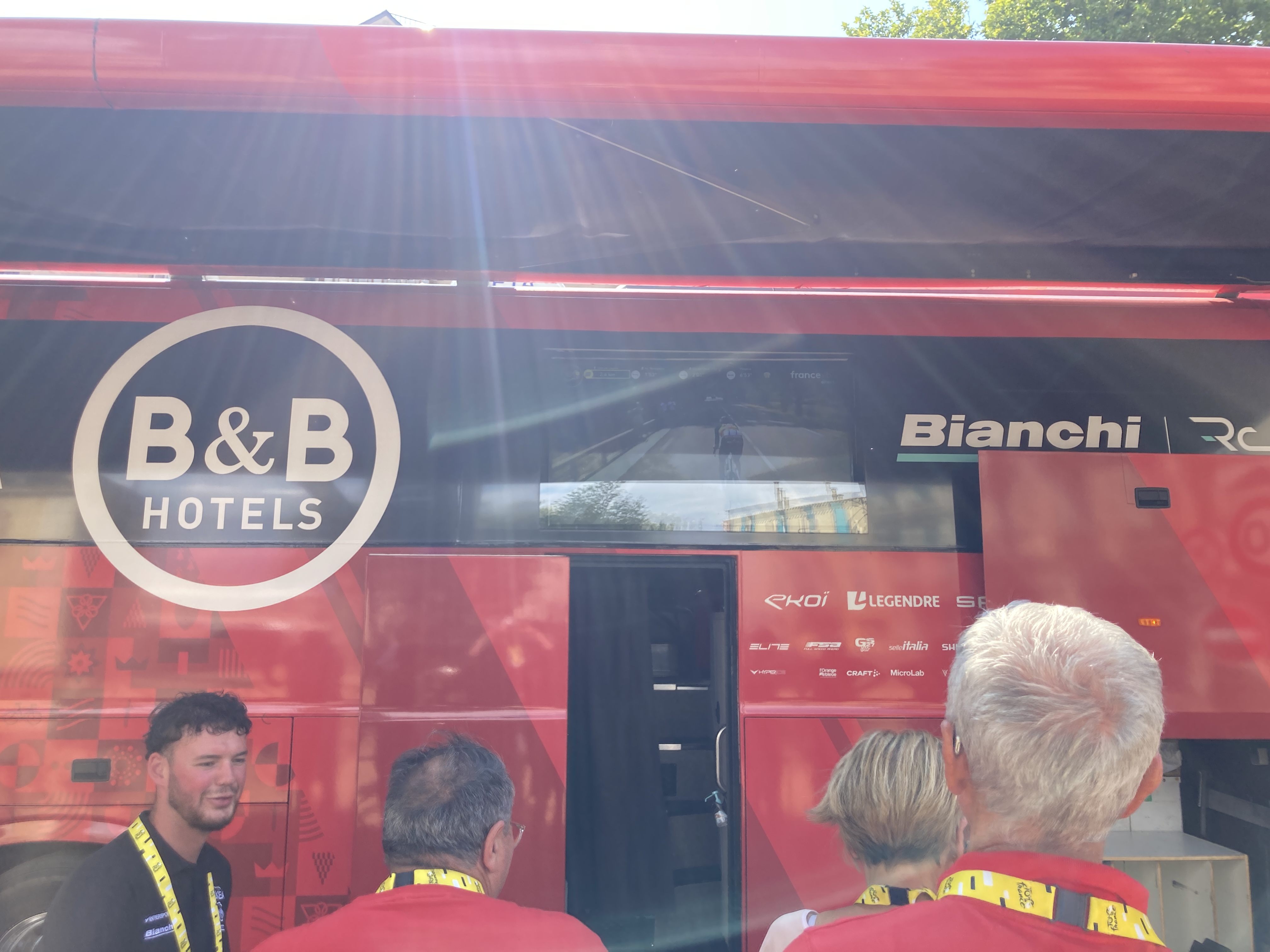
The Tour de France is the biggest race in cycling, and a Cyclingnews subscription offers you unlimited access to our unrivalled coverage. Get all the breaking news and analysis from our team on the ground in France, plus the latest pro tech, live race reports, and a daily subscriber-only newsletter with exclusive insight into the action. Find out more.
Alasdair Fotheringham has been reporting on cycling since 1991. He has covered every Tour de France since 1992 bar one, as well as numerous other bike races of all shapes and sizes, ranging from the Olympic Games in 2008 to the now sadly defunct Subida a Urkiola hill climb in Spain. As well as working for Cyclingnews, he has also written for The Independent, The Guardian, ProCycling, The Express and Reuters.
You must confirm your public display name before commenting
Please logout and then login again, you will then be prompted to enter your display name.

